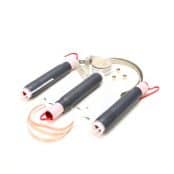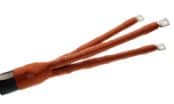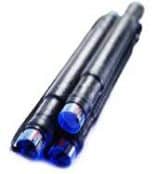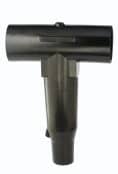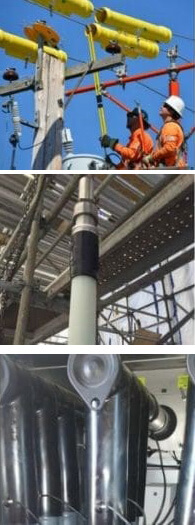HV Cable Jointing Preparation Using Cable Spiking Gun
Published 08 Jul 2021
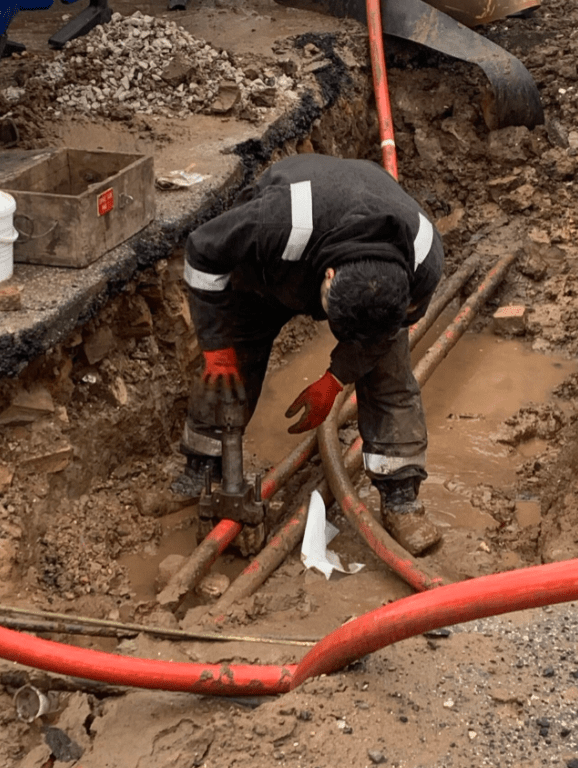
Spiking Cables
Spiking Cable
Pictured: One of Quartzelec’s cable jointers is applying a spiking gun to a cable on a recent substation installation project in Chester, UK in preparation for HV cable jointing. Cable spiking is the Quartzelec approved method of proving that any HV cables are not live before they are released for work.
Image Courtesy of: Quartzelec Limited

Quartzelec
Quartzelec Limited provide a unique range of contracting services to a diverse range of clients in the industrial, infrastructure and commercial and services sectors. They offer design, construction, commissioning, inspection and maintenance of distribution networks from 415V to 33kV.

Press Release | Thorne & Derrick Appointed Approved Stockist for UK Leading Cable Pulling Equipment Manufacturer
Further Reading
- Cable Drums | Recommended Transport & Storage
- How to Prepare Cables To Avoid Cable Damages & Faults
- Cable Pulling | Safe Pulling of Cables Using Motorised Pullers
- Cable Pulling | Safe Pulling of Cables Using Manual Laying
- Installation of Cable Sleeves | Jointing & Splicing Cables
- Installation of Rail Foot Cables

Cable Pulling Equipment
Thorne & Derrick distribute an extensive range of Cable Pulling & Laying Equipment to enable the safe installation of fibre and copper cables within the telecommunications industry. Safely installed cables reduces operational and maintenance requirements to the network and reduced service interruption to telecom cables, wires, ducts, cabinets and exchanges – products include cable spiking tools, conduit rods, cable lubricant, cable socks and rollers.
Jointers blog
Subscribe now to our POWER NEWSLETTER– a monthly email circulation packed with news, projects, videos, technical tips, training information, promotions, webinars, career opportunities and white papers.
Includes access to our popular JOINTERS BLOG with contributions from utility professionals, linesmen and cable jointers working on MV HV EHV cables and overhead lines typically at 11kV, 33kV, 66kV and up to 132kV.







